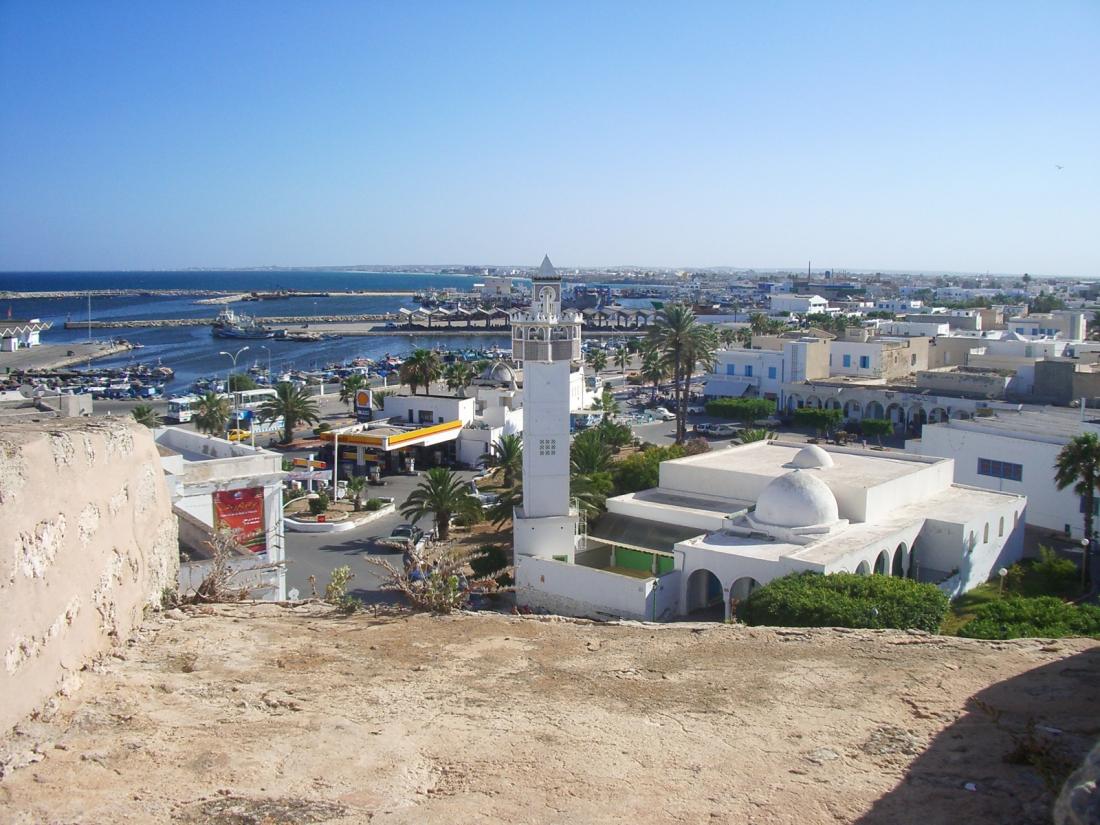Med4Waste will support Mahdia, in Tunis, to adopt new circular economy principles in their waste management strategies

Mahdia, a coastal city in Tunisia, is a popular destination for tourists seeking relaxation and adventure. Its beaches, historical Roman sites and vibrant cultural life make it an ideal place for visitors. However, with the influx of tourists, waste production is increasing, straining the city's already struggling waste management system.
The waste management system in this Tunisian city is currently facing several challenges: waste is mainly deposited in landfills and there is a lack of adequate sorting and recycling facilities. The limited capacity of the current system makes it difficult for the local government to cope with the increasing amount of waste generated by the city's growing population and tourism.
According to Mahdia´s waste management plan, they produce 27.000 tonnes/year of waste. This means 1’30 kg for inhabitant every day. It is also worth mentioning that the city produces more than the double of waste in summer compared with winter (136 tonnes/day in summer, and 56 tonnes/day in winter).


Faced with the urgency of finding solutions to these challenges, the local government of Mahdia is trying to incorporate new forms of waste management and new practices based on the principles of the circular economy. In this line, last April (2023) several representatives of the city started their participation in the Med4Waste Mentoring Scheme, which held the first meeting with them to initiate the process. This mentoring scheme will provide guidance and support to local actors, businesses, and waste management professionals, to help them have direct access to previous successful experiences in similar cities and to external expertise.
Circular economy principles emphasise the importance of reducing waste, reusing resources, and recycling materials in a closed-loop system. This approach promotes sustainable consumption and production patterns and reduces the environmental impact of waste disposal. By adopting these principles, Mahdia's waste management system can become more sustainable, efficient, and resilient.
By participating in the scheme, Mahdia will have access to new knowledge, resources, training, and networks, which can help them keep their waste management practices up to date. The mentoring scheme also offers an opportunity for the city to work with other ENI CBC Med funded projects that have been working in the development of real application experiences in cities with similar realities (i.e M’Saken in Tunisia), such as CLIMA or DECOST.











